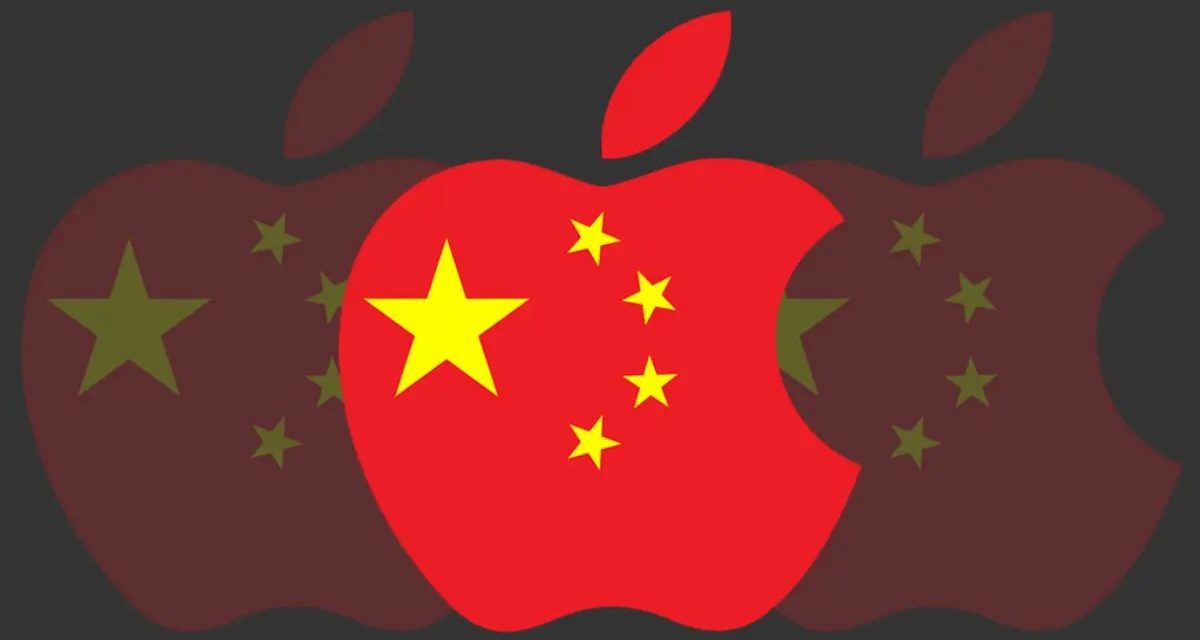Apple has started requiring new apps to show proof of a Chinese government license before their release on its China App Store, joining local rivals years that had adopted the policy years earlier to meet tightening state regulations, reports Reuters.
Last Friday the tech giant began requiring app developers to submit the “internet content provider (ICP) filing” when they publish new apps on its App Store, it said on its website for developers, the article adds. To get the license, developers must have a company in China or work with a local publisher.
On September 29, the the Wall Street Journal reported that Apple execs had met with Chinese officials recently to discuss concerns over new rules that will restrict Apple from offering many foreign apps in the China App Store such as Facebook, Instagram, and X (formerly Twitter).
The country already blocks the websites of those social media apps, as well as YouTube, WhatsApp, and others. Still, iPhone users in China can still download the apps from Apple’s App Store if they use an unauthorized VPN that connects them to an Internet server outside the country. However, China banned VPN services from the App Store in 2017.
The battle with China censorship of Apple Store apps is an going one. In August, The South China Morning Post reported that Apple had removed more than a hundred apps offering ChatGPT-like services from its China store, as a regulation on generative artificial intelligence (AI) is set to take effect in the country in two weeks.
The apps were all pulled off the shelves from China’s iOS app store, according to data on Chinese mobile app analytics platform Qimai. Spark, an app developed by iFlyTek that provides ChatGPT-style services, was among the removed apps even though it had a high-profile launch on June 29.
Among the other apps pulled was the popular ChatGAi Plus, which provides chatbot, AI translation and writing services and was ranked 9th on the China iOS app store’s paid app chart before being removed on Tuesday afternoon, Qimai records show.
The South China Morning Post says that in a notification to developers, Apple said that it had removed the apps “because they include content that is illegal in China,” citing tighter regulations on deep synthesis technologies and generative AI.
Article provided with permission from AppleWorld.Today





